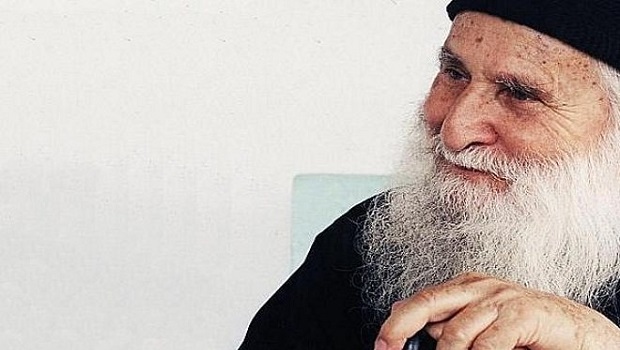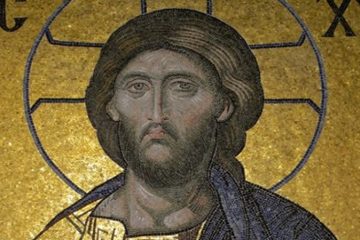Archbishop Lazar Puhalo
It has become a commonplace of for critics to suggest doubts about the authorship of Luke’s Gospel and the Book of Acts. Such doubts are, however, clearly unfounded. The evidence is conclusive that both treatises were written by a physician, and Luke was “the beloved physician” (Col. 4:14 ) who wrote them. Both books demonstrate a knowledge of medicine and in both there are clear signs of medical diction.
It is Luke’s Gospel that gives us a clear picture of Christ as the Divine physician, and redemption as a healing process. The reign (“kingdom”) of God is proclaimed through the healing of the divisions and wounds in the fallen human nature. The human person is treated as a “whole being,” as body and soul together, with no hint of any enmity between the two. Christ’s activity as the healer of body and soul is accentuated in the Luke’s Gospel where a distinction is clearly made between healing the body of organic illness, and exorcising demons, both mental and spiritual.[1] The symbolism of God as a physician is carried still further in the concluding passages of Luke’s Acts of the Apostles, where Paul illuminates the book’s dominant note by paraphrasing God’s proclamation to Isaiah (6:9-10 ) that His healing activity will henceforth be directed no longer exclusively to the Jews but also to the Gentiles (Acts 28:25-28 ). Salvation is directly linked to healing in this passage.
The distinctive character that Luke, as a physician contributed to the New Testament by his writings is well established and has been discussed by many writers. We will add nothing new, but only invite your attention to what has already been expressed many times.
Luke is sometimes referred to as, “the recorder of Christ’s gentleness,” and one might suggest that Luke was called to be an evangelist, as well as a scribe for Apostle Paul, because he was best equipped to understand the healing ministry of Christ.
Luke’s training as a physician may be detected in his concern for the weaker and disenfranchised elements of society, the lowly, the poor, and women — a concern which reflects the nature of redemption itself. Apostle Paul tells us directly that Luke was a physician (Col. 4:14 ). Passages from his writings containing elements of his scientific knowledge and awareness of the principles of medical diagnosis have been examined by many qualified writers, and scholars have identified places in Luke’s writings where language shaded with medical phraseology has been used. Where Luke speaks as an eye witness to an event, he employs not only medical diction, but medical metaphors.[2] Apostle Luke was, therefore, well equipped to establish the concept of the healing process of redemption and demonstrates that healing and redemption pertain to the whole psychophysical being that is man. This concept would be reflected later in the words of St Basil the Great, who himself established medical clinics and hospitals:
This is foremost in the Saviour’s incarnate ekonomia: to gather human nature to itself and to Himself and, having abolished this evil cleavage, to restore the original unity, as the best of physician binds up a body that has been broken in many places, using healing ointments.[3]
1. Harnack, Adolph, Medicinisches aus der altesten Kirchengeschichte, (Olms, Berlin, 1908) p.2.
2. Harnack, Adolf, Luke the Physician, trans. J.R.Wilkinson, (W.D.Morrison, New York, 1908), pp.175-198.
3. Ascetical Statutes, c. 18.
Source: pemptousia.com




0 Comments